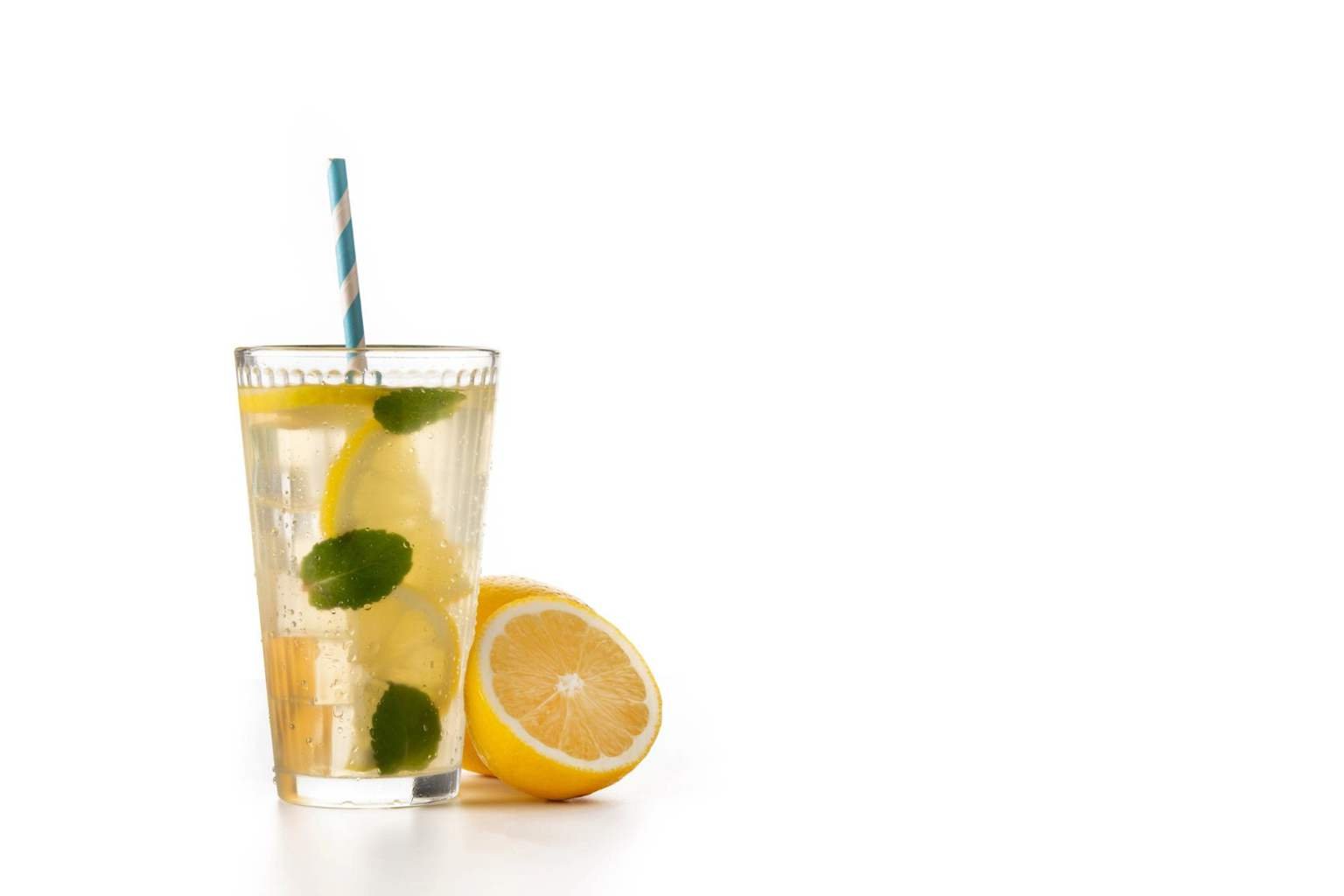Have you ever stumbled upon the trendy wellness drink known as the cortisol cocktail and wondered if it truly lives up to its promises? Packed with orange juice, coconut water, and salt, these colorful drinks claim to boost energy, calm stress, and even help with weight loss. But what’s the real effect on your body? Let’s explore the science behind this popular mix and see if it’s truly a magic potion or just a tasty drink.
What is a cortisol cocktail and how does it affect your adrenal glands?
The cortisol cocktail—sometimes called an adrenal cocktail—is a blend of nutrients designed to nourish your body’s adrenal glands, which sit on top of your kidneys. These glands produce over 50 hormones, including cortisol, often dubbed the “stress hormone.” Cortisol helps regulate how your body responds to stress and manages energy levels throughout the day.
The cocktail’s main ingredients each bring important nutrients to the table:
– Vitamin C from the orange juice
– Potassium from coconut water
– Sodium from salt
The theory behind the drink is that these nutrients “recharge” tired adrenal glands, especially in cases of “adrenal fatigue”—a term used in wellness circles but not officially recognized by medical research.
Dr. Theodore C. Friedman, an endocrinologist at UCLA, points out that stress actually signals your adrenal glands to produce *more* cortisol, not less. So the idea that these glands get “worn out” and need a cocktail to perk up doesn’t hold up medically.
Can cortisol cocktails reduce stress or help with weight loss?
Many people turn to cortisol cocktails hoping to reduce their stress or shed some pounds, but let’s separate fact from fiction.
Stress does increase cortisol levels, which can trigger cravings and cause fat to accumulate, especially around the abdomen. However, simply drinking a cocktail filled with potassium, vitamin C, and sodium won’t lower your cortisol or undo the effects of chronic stress.
Regarding electrolytes, ingredients like coconut water and salt add potassium and sodium—both essential for maintaining your heart rhythm, muscle function, and fluid balance. Coconut water also has a low glycemic index, meaning it helps keep you hydrated without causing blood sugar spikes. Some studies even hint it might help lower blood pressure and cholesterol.
Still, most Americans consume plenty of salt already—often too much. Keeping hydrated with plain water remains the best and simplest way to balance your electrolytes.
So while a cortisol cocktail can be harmless and perhaps refreshing, it’s not the secret key to reducing stress or losing weight.
Natural ways to balance cortisol and when to seek medical advice
There was a time when I, too, felt drained and thought my adrenal glands were failing me. Instead of finding relief in trendy drinks, I realized true change came from better sleep, balanced eating, and stress management. Sometimes, the quick fixes only mask the problem.
If you want to support healthy cortisol levels, consider these proven habits:
– Embrace a diet rich in fiber, fresh fruits, vegetables, and whole grains while minimizing junk foods high in saturated fats and sugar.
– Invest in quality sleep by keeping a consistent bedtime, avoiding heavy meals or screens before bed, and making your room cool and dark.
– Try relaxation techniques like box breathing (inhale for four seconds, hold four, exhale four, hold four) or guided imagery to calm the mind.
– Cut back on caffeine from coffee, tea, and sodas if it spikes your anxiety or disrupts your sleep.
– Get regular physical activity, which helps normalize cortisol in the long run and boosts your mood.
If persistent fatigue or high stress is interfering with your life, it’s wise to consult a doctor—ideally an endocrinologist. They can evaluate whether you have conditions like adrenal insufficiency (a serious disorder), thyroid problems, or other health issues.
If you’re tempted to whip up a cortisol cocktail at home, the recipe is simple: fresh orange juice, coconut water, a pinch of salt, and optional extras like cream of tartar for extra potassium or a dash of ginger for digestion.
But a word of caution: if you have kidney disease, diabetes, or any condition requiring special attention to electrolytes or sugar, discuss this with your doctor before trying the drink. Also, inform them if you add supplements such as collagen.
So, what do you think? Have you tried a cortisol cocktail, or do you rely on more traditional ways to lower stress and boost energy? Share your experiences or thoughts below—we’d love to hear what works best for you!
